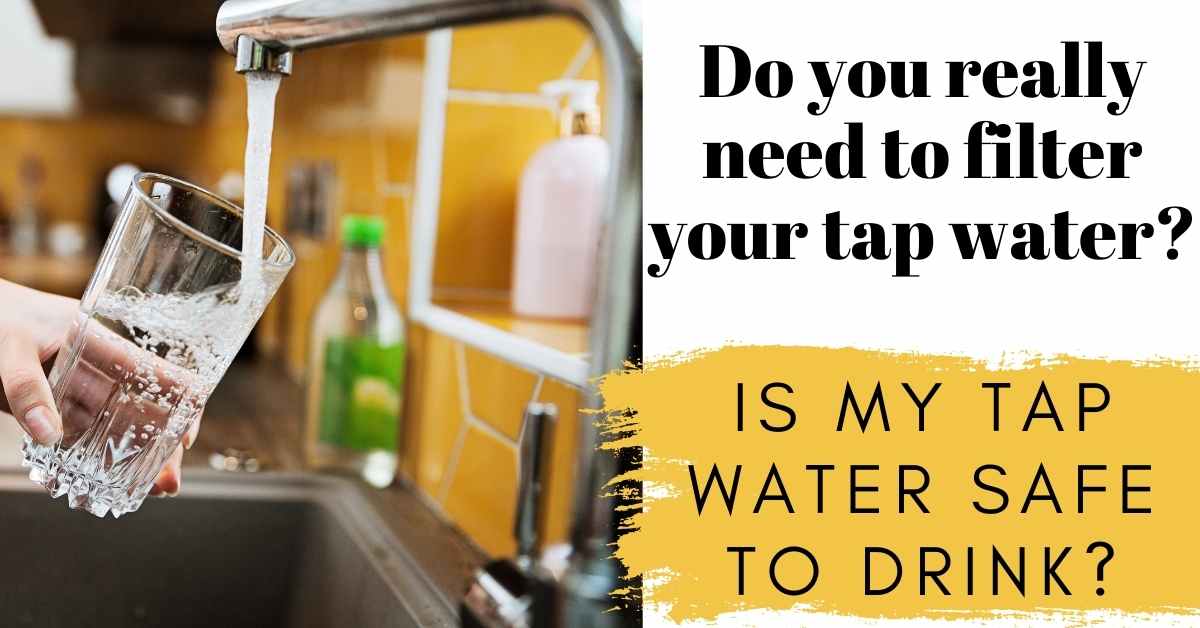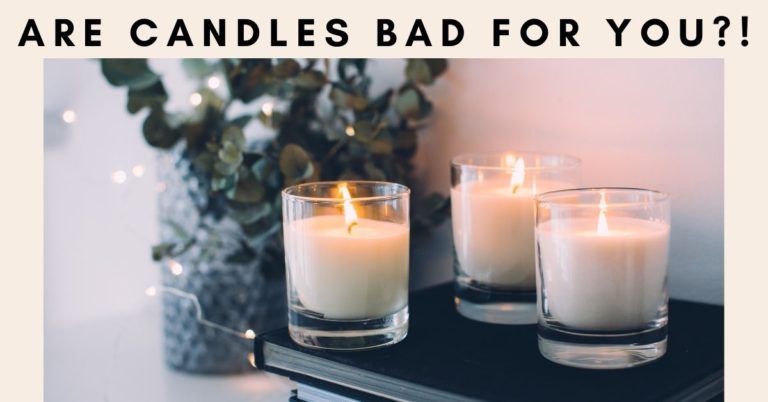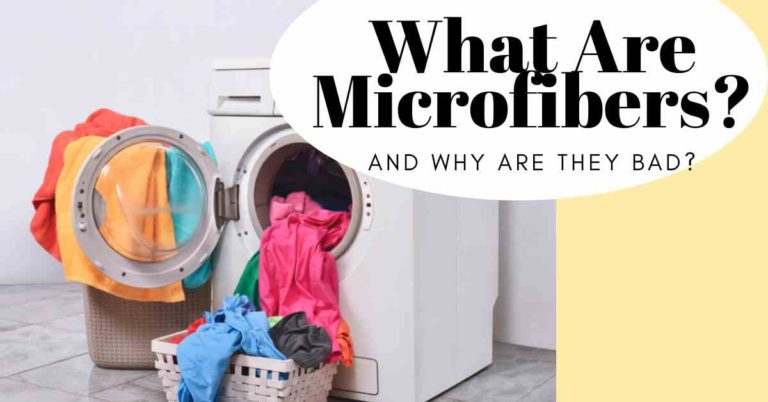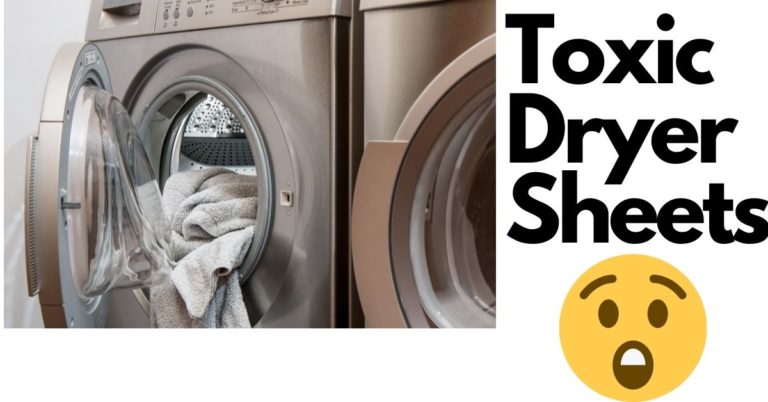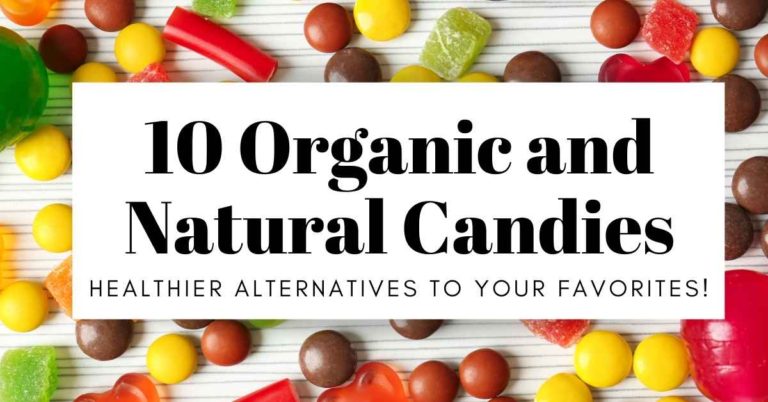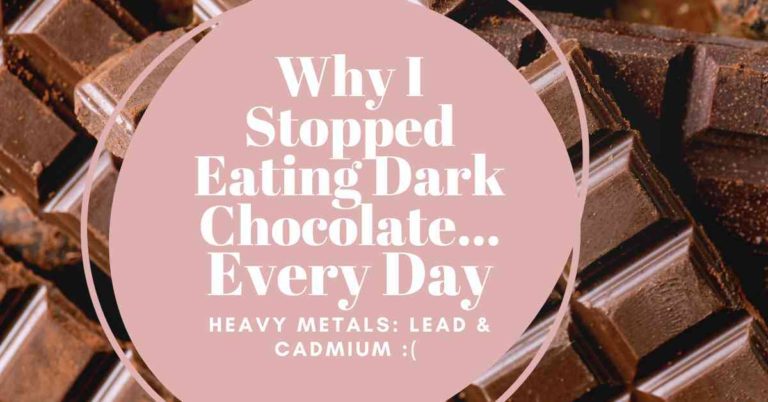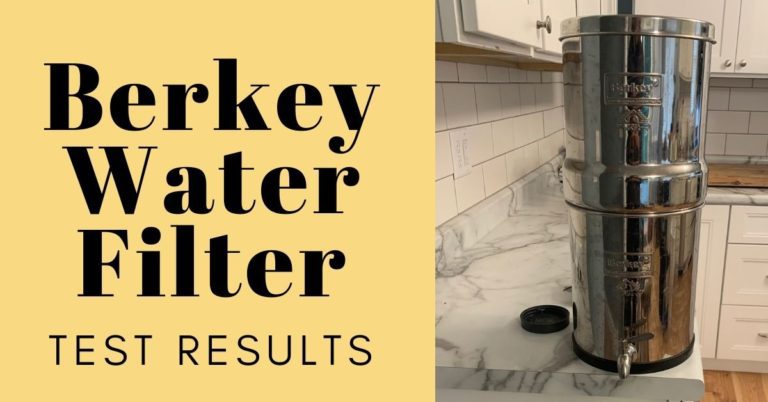Do You Really Need to Filter Your Tap Water? Is My Tap Water Safe to Drink?
These are good questions! After all, tap water in the United States is pretty darn clean. There are multiple standards and regulations put in place (thank goodness) which includes the Safe Drinking Water Act where the EPA has set maximum contaminant levels, as well as treatment requirements for over 90 different contaminants in public drinking water. So why would you need a water filter?
Well, there are actually two main reasons why you would want to filter your tap water:
Reason #1: Tap water can still contain contaminants
Even though our tap water should be safe to drink, it can still contain contaminants. The CDC lists the following chemicals that most often contaminate tap water and cause disease. Reference the CDC link if you want to find out why the following chemicals occur in tap water and the harmful effects.
- Arsenic
- Copper
- Lead
- Nitrate
- Radon
There are many other chemicals that should be on this list as a concern which include PFAs, pesticides, and antibiotics. Here’s an article that highlights a 9 month investigation by the Guardian and Consumer Reports which resulted in “alarming levels of forever chemicals, arsenic and lead in samples taken across the US”.
The Environmental Working Group published an article about the State of American Drinking Water. It’s eye opening to read and highlights lack of funding to replace lead pipelines and clean up drinking water, regulations that haven’t been updated in 50 years, inequity of water supplies stating “marginalized and low-income communities have the least access to safe drinking water.”
My personal experience with tap water quality was having higher levels of lead, chlorine, and nitrates. When renting or buying a house one of my first priorities is to find out more about the water. This is where I found the above concerns so I was able to address before moving in. In well water there was also high levels of radon, so I passed on living in that house (this article is focused on tap water, but just wanted to point this out). Here are my before and after test results using a Berkey water filter.
Reason #2: Filtered water tastes better
Having a water filer will make your water taste better, this is the main reason people end up getting a water filter. I’ve been using a Berkey water filer for about 10 years, and there is a MAJOR difference in taste when I’m drinking filtered vs tap. With filtered water, I don’t taste or smell anything, it’s so refreshing! Tap water I can taste and smell chemicals, some days are better than others.
3 Action Steps to Decide if You Need a Water Filter
One of the best things you can do for your health of yourself and family is to ensure you are drinking water with minimal contaminants. Since tap water can still contain contaminants PLEASE take the following action steps:
Step 1: View your water quality report.
It’s super simple, just go here and enter your zip code: ewg.org/tapwater/
EWG created this water database to make it easy and quick for people to find out more about their water quality. Since the EPA has not updated the legal water contaminants in 20 years, the EWG wants to empower the public to have knowledge about their drinking water and the harmful effects it can cause. You can use this information to decide if you want a water filter.
When I search my zip code/city, 10 contaminates are listed that exceed EWG’s standards. EWG has stricter limits than the government. Like I stated before, the EPA has not updated the legal limits in 20 years and during this time there have been more studies about contaminants and negative health affects, bio-accumulation, antibiotics and pharmaceuticals in our drinking water, and PFAs which are now a global environmental and health crisis.
Step 2: Test your water for lead.
EPA created this guide on how to test your water for lead.
Even if the water treatment facility filters out lead it can still enter your home from pipes and faucet fixtures. I was able to reach out to my county and get a free lead test.
Step 3: Take action on your findings, and get a water filter.
Reference the EWG’s water filter guide to figure out what works best for you. I’ve been using black carbon filters. I’m interested in reverse osmosis under the kitchen sink however it is more expensive, and I need to do more research to find an option that adds back in essential minerals. Future blog post to come on that topic.
Final Thoughts
The bottom line is that you should take action to find out more about the quality of your drinking water, and if it contains contaminants get a water filter. EWG has made it easy to access this information, and there are many options for filters depending on your needs. Taking these steps will help you protect your health and the health of your family. I hope this article was helpful in empowering you to make the best decision for your household.
Brekke

